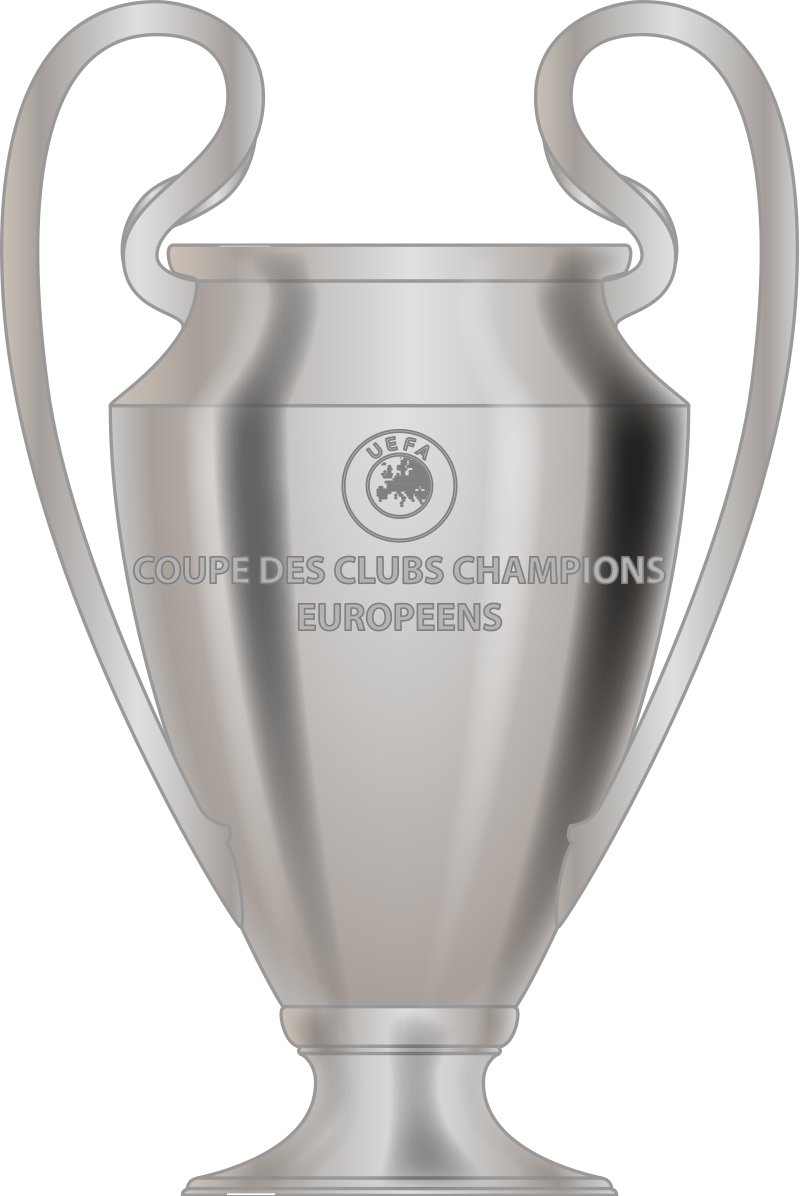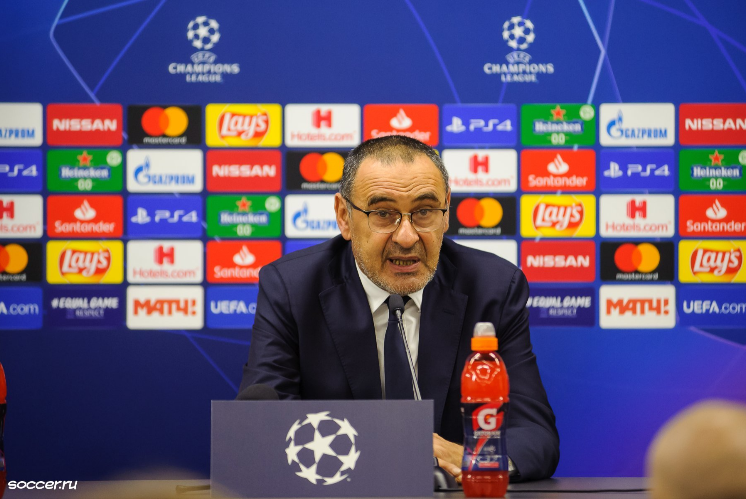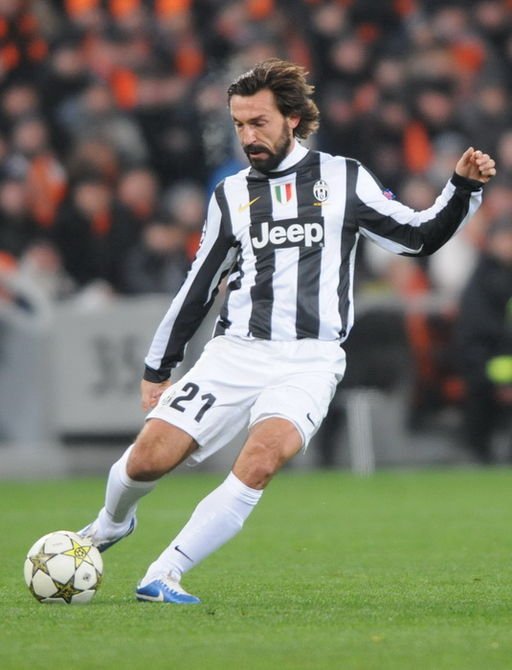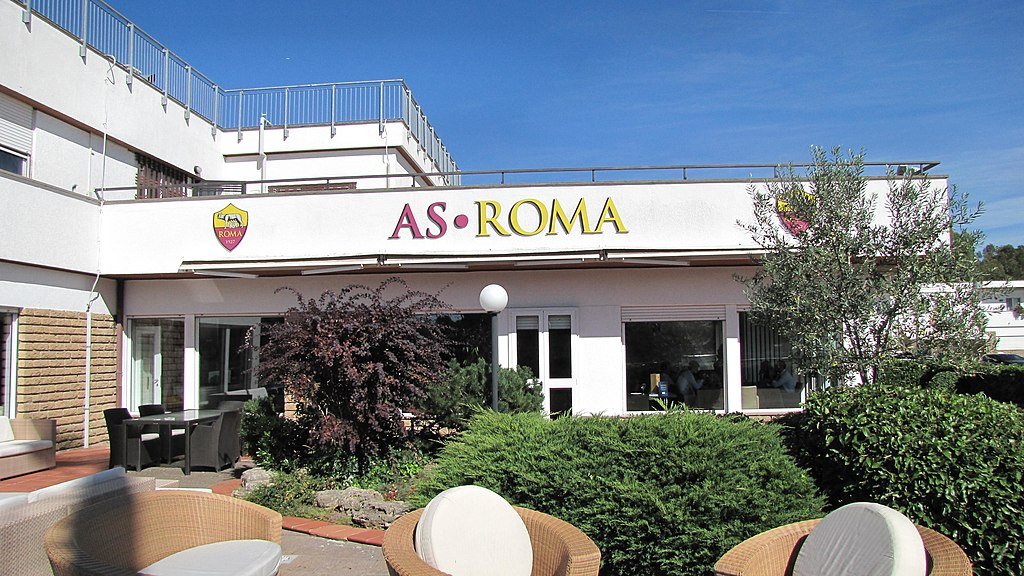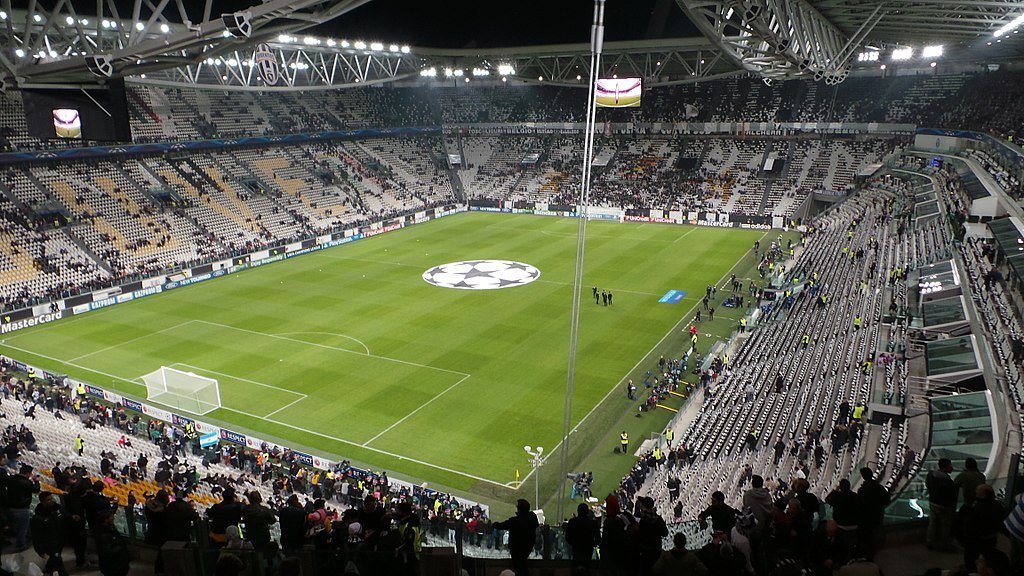
Photo by forzaq8 from kuwait, CC BY 2.0
English version
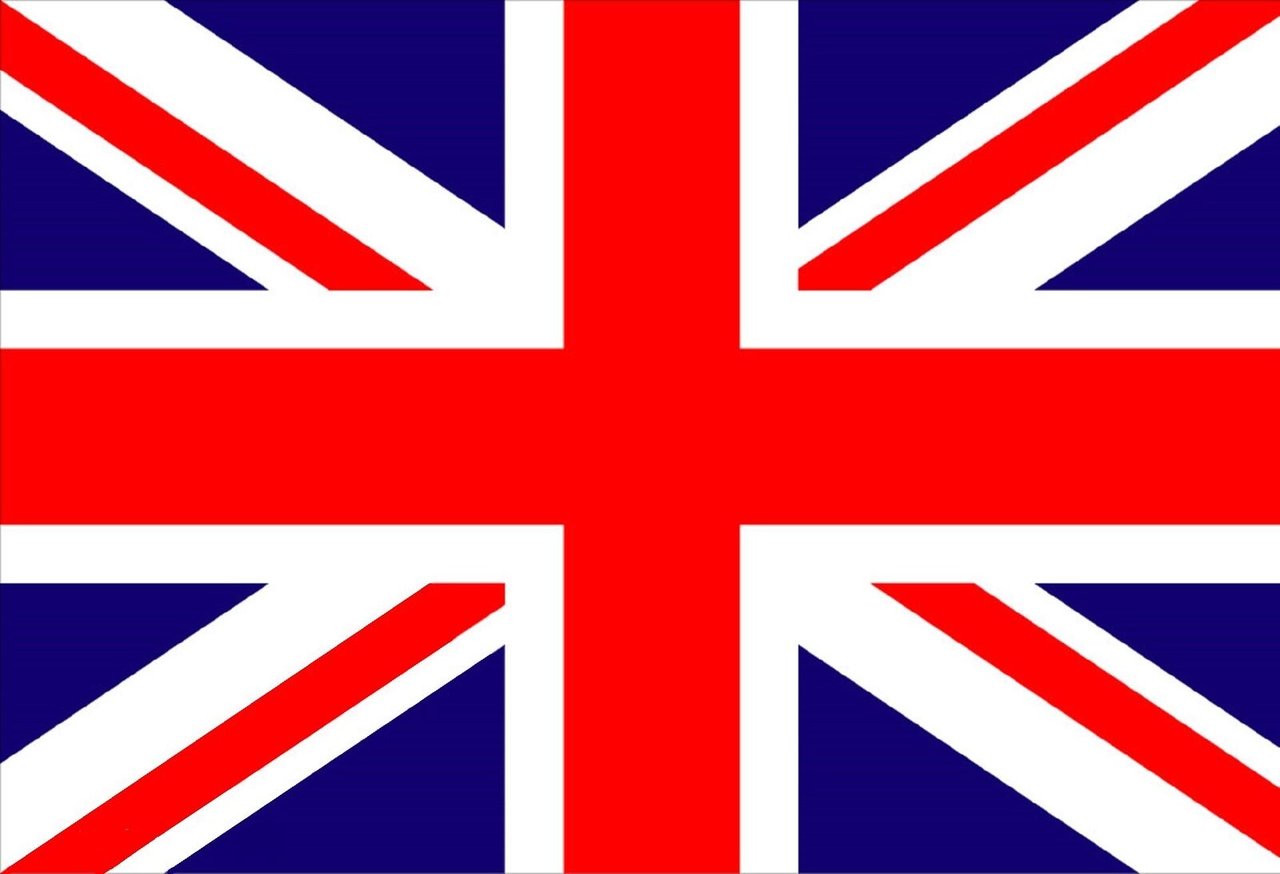
Dear Friends of Steemit,
There's one thing I liked most about Pirlo's Juventus, even when the results didn't come or didn't fully meet expectations: the attitude. The team always played to win and to impose its own ball-playing on the opponents, strengthened by the philosophy of its coach, based on high pressing and the quick recovery of the ball from the opponent's feet.
And this even if what was seen on the field did not always find equal satisfaction in the final result. In Crotone, or Benevento, for example, Juventus returned home with two poor draws, which made them lose important points in the Scudetto race, but also on the occasion of some home matches, such as the one with Verona, a total domination of the match yielded only one point.
I was convinced that Juventus had become like Atalanta, a team capable of beating anyone on a good day, but also capable of sudden setbacks; but the strangest thing is that, after nine years of winning, I almost liked it. I had become accustomed to the idea of a transitional year, aimed more at laying the foundations of a winning project in the near future rather than trying to win at all costs this year.
I liked it because we finally had a team that played, on several occasions, in a pleasant way. I liked it because a bit of tactical unscrupulousness is the only way to compete in Europe against the billionaire English teams (it is no coincidence that last year Atalanta made more progress than Juventus in the Champions League, and even this year I think it is the only Italian team with even a slight chance of winning).
It is not by chance that this boldness led to the feat in Barcelona, considered unthinkable until a few years ago, in which the Bianconeri overturned a desperate situation, starting from 0-2 at home, and thus conquered the first place at the expense of the team that in the last twenty years has perhaps best embodied the concept of spectacle football.
Mind you, it's not that Pirlo didn't also know how to defend when the situation called for it. For example, in Catalonia, after going 0-3 up, it would have been crazy to continue to play in the same way, unbalancing forward, but until today the coach from Brescia had never set a match on the concept of "first don't take a beating", which sadly characterised the years spent under the technical guidance of Massimiliano Allegri.
Now, as is logical in these cases, and as Juventus fans have often asked themselves in the five years before last season (the season of the failed Sarri experiment), an inevitable reflection arises: is it better to win but play badly, or not to win and play well, but to have in this way a team capable of beating more or less anyone when on a good day? The answer may seem obvious to many, but for others, who would like to see Juventus finally replicate their Italian successes in Europe, the question is not so simple.
Last night Roma, if we disregard the result, dominated the match. The Bianconeri played for ninety minutes in their own half of the field (maybe 75, if we exclude the first quarter of the second half, but the concept does not change much) and yet they won, thanks to a feat of their star player (Ronaldo) and a naivety of the opponent's defence. And I'll say more: they got the three points without even sweating too much, because there were no great chances for the opponents.
Considering the second half at San Siro in the semi-final first leg of the Coppa Italia, this is the second game in a row that Juventus have played with an almost reluctant attitude, laying low to wait for their opponents and then trying to break on the counter-attack. Pirlo said in the press conference that the match had been deliberately prepared in this way, to keep Fonseca's speedsters in check, and on the one hand I'm relieved, but on the other I'm terrified.
The new coach of the champions of Italy, given his inexperience on the bench, is like a child still in diapers, who has yet to form his character and who draws inspiration from external conditioning: good stimuli give a high probability of developing a balanced character, negative stimuli, vice versa, could seriously harm.
Now I make an appeal to the warehouse manager of Juventus: delete as soon as possible videotapes, DVDs, files, laserdiscs and any other support on which are stored images of Allegri matches, or our "child", still suspended between a philosophy of game play and another, may believe that the Tuscan coach's is the most suitable for his boys, and the only way to get to victory.
Juventus report cards
Szczesny 6,5
Danilo 6,5
Bonucci 6,5
Chiellini 7
McKennie 6
Arthur 6
Rabiot 6
Chiesa 6
Ronaldo 7
Morata 5,5
Cuadrado 6,5
Kulusevski 6,5
Demiral sv
De Ligt sv
AS Roma report cards
Pau Lopez 5
Mancini 5,5
Ibanez 5
Kumbulla 5,5
Karsdorp 6
Villar 5,5
Cristante 5,5
Veretout 5,5
Spinazzola 5,5
Mkhitaryan 6,5
Borja Mayoral 5,5
Diawara 5,5
Carles Perez 5,5
Dzeko 6
Bruno Peres 5,5
Thanks for reading, see you in the next article about italian football. Ciao!
Read also:
- Still possible deals: the team of free agents
- Inter v Juventus: the best matches of the Italian Cup
- Fiorentina v Inter: best matches of the past
- Juventus v Roma: best matches of the past
- Inter v Juventus 1-2: the Master cheats his master (with video animation goals)
Versione italiana
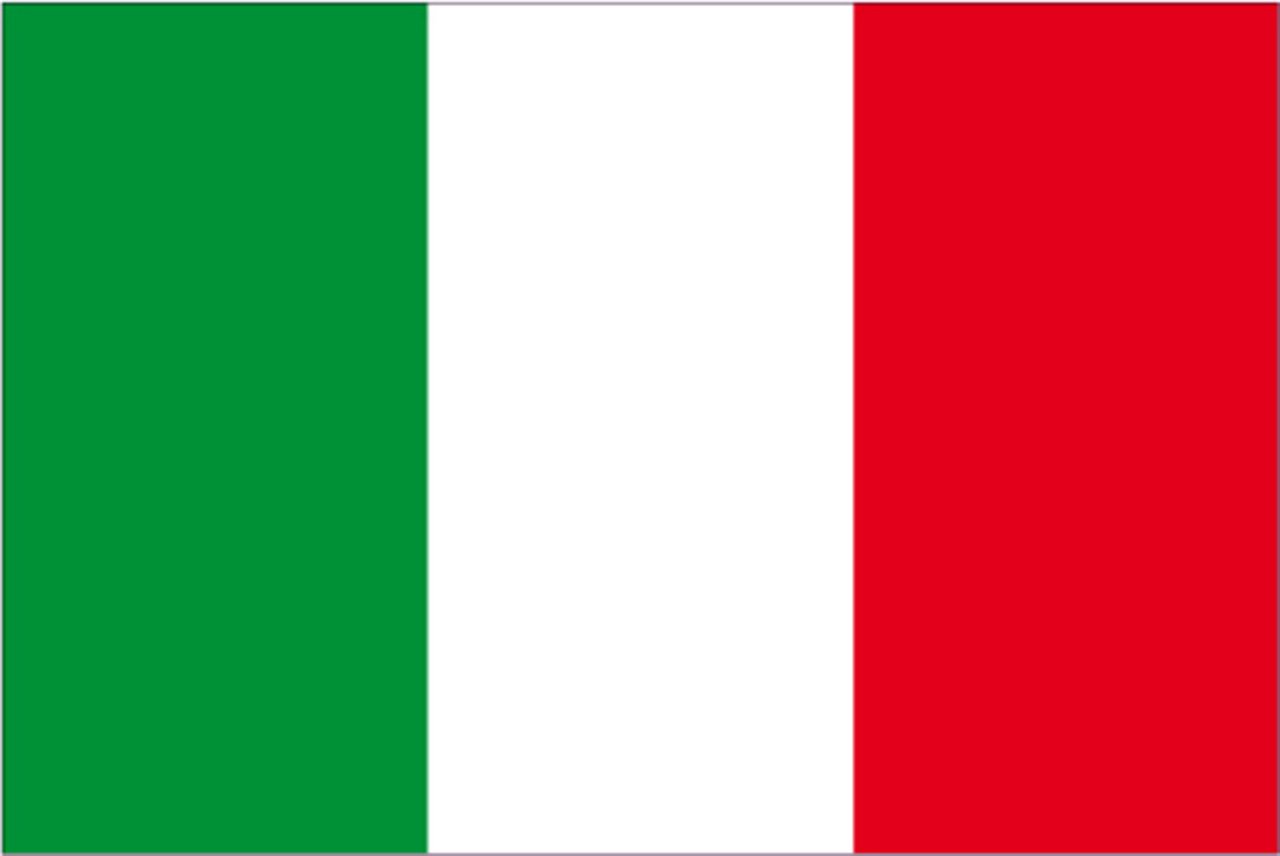
Cari amici di Steemit,
c'è una cosa che della Juventus di Pirlo mi è piaciuta più di tutte, anche quando i risultati non sono arrivati o non hanno soddisfatto in pieno le aspettative: l'atteggiamento. La squadra giocava sempre per vincere e per imporre il proprio palleggio agli avversari, forte del credo del suo coach, basato su pressing alto e sul rapido recupero del pallone dai piedi avversari.
E questo anche se non sempre quello che si è visto sul campo ha poi trovato pari soddisfazione anche nel risultato finale. A Crotone, o Benevento, ad esempio, la Juventus è tornata a casa con due miseri pareggi, che le hanno fatto perdere punti importanti nella corsa scudetto, ma anche in occasione di alcune gare casalinghe, come quella col Verona, un dominio totale della partita ha fruttato solamente un punto.
Ero convinto che la Juventus fosse diventata come l'Atalanta, squadra in grado di battere chiunque quando in giornata, ma anche di andare incontro a battute d'arresto improvvise; ma la cosa più strana è che, dopo nove anni di vittorie, tutto ciò quasi mi piaceva. Mi ero abituato all'idea di un anno di transizione, volto più ad impostare le basi di un progetto vincente in un prossimo futuro che alla ricerca della vittoria a tutti i costi quest'anno.
Mi piaceva perchè finalmente avevamo una squadra che giocava, in diversee occasioni, anche in maniera gradevole. Mi piaceva perchè un pizzico di spregiudicatezza tattica lo ritengo l'unico modo per poter competere in Europa contro le miliardarie squadre inglesi (non a caso l'Atalanta l'anno scorso ha fatto più strada della Juventus in Champions League, e anche quest'anno la ritengo l'unica squadra italiana con qualche seppur minima possibilità di vittoria).
Con questa sfrontatezza non a caso è arrivata l'impresa di Barcellona, ritenuta impensabile fino a qualche anno fa, nella quale i bianconeri hanno ribaltato una situazione disperata, che li vedeva partire da uno 0-2 casalingo, e così conquistato il primo posto a discapito della squadra che negli ultimi vent'anni ha forse maggiormente impersonato il concetto di calcio spettacolo.
Intendiamoci, non che Pirlo non sapesse anche difendersi, quando la situazione lo richiedeva. Ad esempio in Catalogna, dopo essere passati sullo 0-3 sarebbe stato folle continuare a giocare nella stessa maniera, sbilanciandosi in avanti, ma fino ad oggi il tecnico bresciano non aveva mai impostato una partita sul concetto di "primo non prenderle", che tristemente ha caratterizzato gli anni trascorsi sotto la guida tecnica di Massimiliano Allegri.
Adesso, com'è logico in questi casi e come più volte i tifosi juventini si sono chiesti nei già citati cinque anni precedenti alla scorsa stagione (quella del fallito esperimento Sarri) si apre una inevitabile riflessione: è meglio vincere ma giocare male, o non vincere e giocare bene, ma avere in questo modo una squadra in grado di battere più o meno chiunque quando in giornata? La risposta può apparire scontata a molti, ma per altri, che vorrebbero vedere finalmente la Juventus replicare anche in Europa i successi italiani, la questione non è così semplice.
Ieri sera la Roma, se non teniamo conto del risultato, ha dominato la partita. I bianconeri hanno giocato per novanta minuti nella loro metà campo (forse 75, se si esclude il primo quarto d'ora del secondo tempo, ma il concetto non cambia di molto) eppure hanno vinto, grazie ad una prodezza del loro fuoriclasse (Ronaldo) e ad un'ingenuità della difesa avversaria. E dirò di più: hanno ottenuto i tre punti tutto sommato senza nemmeno sudare troppo, perchè grandissime occasioni per gli avversari non ce ne sono state.
Considerando il secondo tempo di San Siro della semifinale d'andata di Coppa Italia, questa è la seconda partita di fila che la Juventus gioca con un atteggiamento pressochè rinunciatario, disponendosi bassa ad aspettare gli avversari, per poi provare a ripartire in contropiede. Pirlo ha dichiarato in conferenza stampa che la partita era stata voluta e preparata proprio in questa maniera, per tenere sotto scacco i velocisti di Fonseca e la cosa da un lato mi dona un pizzico di sollievo, ma dall'altra mi terrorizza.
Il nuovo allenatore dei campioni d'Italia, vista la sua inesperienza in panchina, è come un bambino in fasce, che deve ancora formare il proprio carattere e che trae spunto dai condizionamento esterni: stimoli buoni regalano un'alta probabilità di sviluppare un carattere equilibrato, stimoli negativi, viceversa, potrebbero nuocere gravemente.
Ora rivolgo un appello al magazziniere della Juventus: che si cancellino al più presto videocassette, dvd, files, laserdisc e qualsivoglia supporto sul quale sono immagazzinate le immagini delle partite di Allegri, o il nostro "pupo", ancora sospeso tra una filosofia di gioco e un'altra, potrebbe credere che quello dell'allenatore toscano è il più adatto ai suoi ragazzi, e l'unico modo per arrivare alla vittoria.
Pagelle Juventus
Szczesny 6,5
Danilo 6,5
Bonucci 6,5
Chiellini 7
McKennie 6
Arthur 6
Rabiot 6
Chiesa 6
Ronaldo 7
Morata 5,5
Cuadrado 6,5
Kulusevski 6,5
Demiral sv
De Ligt sv
Pagelle Roma
Pau Lopez 5
Mancini 5,5
Ibanez 5
Kumbulla 5,5
Karsdorp 6
Villar 5,5
Cristante 5,5
Veretout 5,5
Spinazzola 5,5
Mkhitaryan 6,5
Borja Mayoral 5,5
Diawara 5,5
Carles Perez 5,5
Dzeko 6
Bruno Peres 5,5

